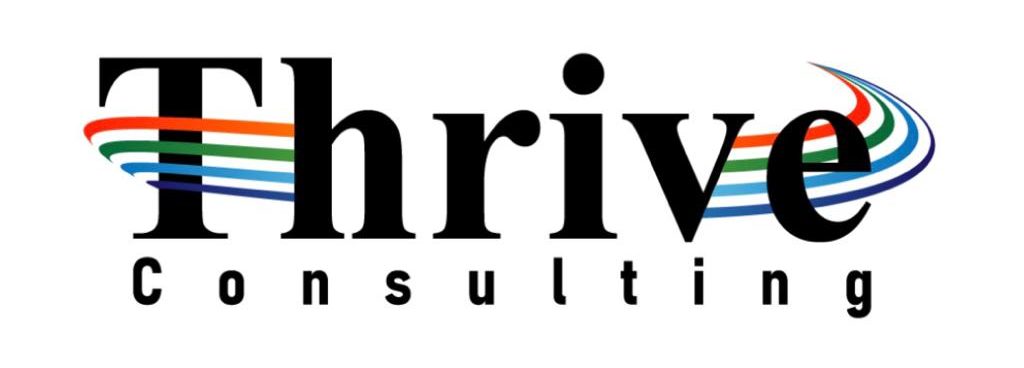
[#CoachTom] Greetings from #CoachTom! Having been at the forefront of workplace coaching and Systems Leadership consulting for several years now, I have noticed a significant surge in organisations seeking ways to boost productivity. In my role, I saw two closely intertwined elements: coaching and systems thinking, which are fundamental in fostering impactful organisational development. They provide a solid foundation for organizations to pivot, transform, and thrive in today’s dynamic business landscape. Let’s delve into these two pillars of organisational evolution:
Coaching: A Catalyst for Organisational Development
- Coaching empowers individuals to cultivate a growth mindset, enhance communication skills, develop leadership capabilities, and increase engagement.
- In my experience conducting Workplace Coach Training workshops, I have witnessed the magic of coaching, especially in Team Coaching contexts.
- Teams often come to these workshops with challenging issues that have left them stuck for some time. Through a coaching approach, they can unlock new perspectives.
- Team conversations facilitated with a coaching mindset can trigger breakthroughs by asking a different set of questions.
- Tools like the four-player model and team diagnostic tools help in strengthening collaboration, conflict resolution, and team leadership.
- Coaching, when applied across teams, instilling conviction and confidence, driving innovation and breakthroughs.
Leveraging Systems Thinking for Innovation
- Systems thinking offers a holistic approach to understanding operations, processes, and structures within an organization.
- It identifies patterns, interrelationships, and dynamics that traditional analysis might overlook.
- I often employ systems thinking tools like the Hierarchy of Choices and Levels of Perspectives in my workshops.
- These tools enable teams to view their challenges from different angles, revealing the interplay of sub-systems and surfacing valuable insights.
- While many teams focus on diagnosing issues at the Systemic Structures level, the real power lies in uncovering mental models across stakeholders.
- To achieve truly innovative solutions, a systems-thinking diagnostic and strategies via a nested hierarchy of choices are often required.
Now, let’s discuss how to seamlessly integrate coaching and systems thinking into your organisation’s development strategy with these actionable steps:
- Integrate Coaching: Make coaching a routine part of professional development and organizational culture, starting from onboarding.
- Train Leaders: Equip leaders and managers with coaching skills through dedicated training programs, fostering a coaching culture.
- Establish a Coaching Culture: Inspire a culture of continuous learning and feedback by leaders leading by example and participating in coaching.
- Invest in Internal Coaching Programs: Develop an accessible internal coaching system, perhaps by creating a pool of certified internal coaches.
- Utilize External Coach Mentors: Leverage external coaches’ expertise and fresh perspectives to address specific areas of focus.
- Measure Coaching Impact: Quantify the effectiveness of coaching interventions on key performance indicators.
- Continuously Refine Strategies: Keep an open feedback loop with coaching participants and establish a community of practice for evaluating and championing the internal coaching agenda.
In today’s ever-changing business landscape, agility and innovation are paramount. By embracing coaching and systems thinking, organisations can cultivate continuous learning and growth, foster collaboration, and nurture strong leadership. Through these practices, they can drive long-lasting, impactful change, positioning themselves for continued success in the face of uncertainty. As a coach and consultant, I’ve witnessed firsthand the power of this combination, and I invite all to explore the potential of coaching and systems thinking in your journey towards innovation and development. Together, we can create organisations that thrive in the innovative age.

Coach Tom is an Official Member of the Forbes Coaches Council (2023). Check out the various articles by #CoachTom on AI+Web3, leadership, organization transformation, strategy. Connect with him and stay updated on his exciting projects at:
- LinkTree: https://linktr.ee/coactomlim/
- Website: https://thomaslim.net
- Forbes: https://forbes.com/sites/forbescoachescouncil/people/thomaslim
- LinkedIn: https://www.linkedin.com/in/thomaslcl/
- YouTube: https://www.youtube.com/channel/UCnFQTD9E7OvIV0sdowO9Gtg
- Facebook: https://www.facebook.com/ThrivePEARL
- Pinterest: https://www.pinterest.com/think2thrive/
- Twitter for CovenantRhapsody: https://twitter.com/camelothobbies
